
Alfred Hitchcock Presents is an American television anthology series created, hosted and produced by Alfred Hitchcock, airing on CBS and NBC, alternately, between 1955 and 1965. It features dramas, thrillers, and mysteries. Between 1962 and 1965 it was renamed The Alfred Hitchcock Hour. Hitchcock himself directed only 18 episodes during its run.
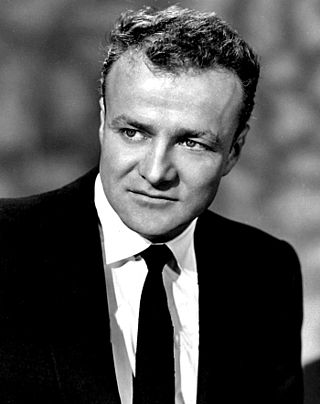
Robert Alba Keith, known professionally as Brian Keith, was an American film, television, and stage actor who in his six-decade career gained recognition for his work in films such as the Disney family film The Parent Trap (1961); Johnny Shiloh (1963); the comedy The Russians Are Coming, the Russians Are Coming (1966); and the adventure saga The Wind and the Lion (1975), in which he portrayed President Theodore Roosevelt.

Richard Jaeckel was an American actor of film and television. Jaeckel became a well-known character actor in his career, which spanned six decades. He received an Academy Award nomination for Best Supporting Actor with his role in the 1971 adaptation of Ken Kesey's Sometimes a Great Notion.

Robert Martin Culp was an American actor and screenwriter widely known for his work in television. Culp earned an international reputation for his role as Kelly Robinson on I Spy (1965–1968), the espionage television series in which co-star Bill Cosby and he played secret agents. Before this, he starred in the CBS/Four Star Western series Trackdown as Texas Ranger Hoby Gilman in 71 episodes from 1957 to 1959. The 1980s brought him back to television as FBI Agent Bill Maxwell on The Greatest American Hero. Later, he had a recurring role as Warren Whelan on Everybody Loves Raymond, and was a voice actor for various computer games, including Half-Life 2. Culp gave hundreds of performances in a career spanning more than 50 years.

Alan William Napier-Clavering, better known as Alan Napier, was an English actor. After a decade in West End theatre, he had a long film career in Britain and later on in Hollywood. Napier is best remembered for portraying Alfred Pennyworth, Bruce Wayne's butler in the 1960s live-action Batman television series.
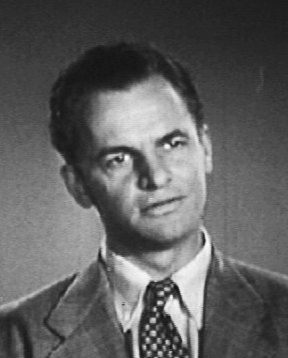
James Gregory was an American character actor known for his deep, gravelly voice, and playing brash roles such as Schaffer in Al Capone (1959), the McCarthy-like Sen. John Iselin in The Manchurian Candidate (1962), the audacious General Ursus in Beneath the Planet of the Apes (1970), and crusty Inspector Frank Luger in the television sitcom Barney Miller (1975–1982).
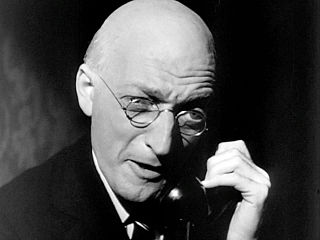
Everett H. Sloane was an American character actor who worked in radio, theatre, films, and television.

John Herrick McIntire was an American character actor who appeared in 65 theatrical films and many television series. McIntire is well known for having replaced Ward Bond, upon Bond's sudden death in November 1960, as the star of NBC's Wagon Train. He played Christopher Hale, the leader of the wagon train from early 1961 to the series' end in 1965. He also replaced Charles Bickford, upon Bickford's death in 1967, as ranch owner Clay Grainger on NBC's The Virginian for four seasons.

Albert Salmi was an American actor of stage, film, and television. Best known for his work as a character actor, he appeared in over 150 film and television productions.
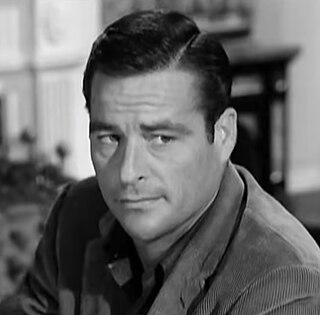
Robert Laman Webber was an American actor. He appeared in dozens of films and television series, including Juror No. 12 in the 1957 film 12 Angry Men.
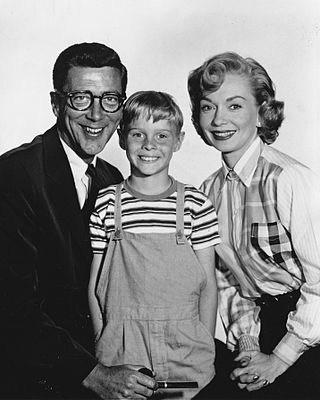
Herbert Anderson was an American character actor from Oakland, California, probably best remembered for his role as Henry Mitchell, the father, on the CBS television sitcom Dennis the Menace.

Harry Cyril Delevanti was an English character actor with a long career in American films. He was sometimes credited as Syril Delevanti.
William "Biff" McGuire was an American actor, best known as Inspector Kramer in Nero Wolfe (1979).

Addison Whittaker Richards, Jr. was an American actor of film and television. Richards appeared in more than three hundred films between 1933 and his death in 1964.
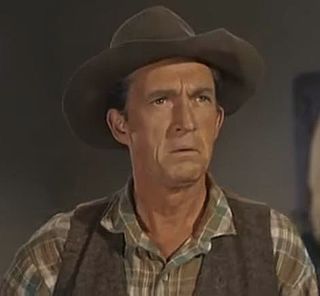
George Mitchell was an American actor who performed from 1935 through 1971 in film, television, and on Broadway.

John Zaremba was an American actor most noted for supporting roles on science fiction films and television series.

Francis Michael Dunne was an American actor, radio personality and disc jockey. He was active in television and films from 1945 to 1973, and was also credited as Steve Dunn, Michael Dunne, Stephan Dunne, and Steve Dunne.

Donald Hood Keefer was an American actor known for his versatility in performing comedic, as well as highly dramatic, roles. In an acting career that spanned more than 50 years, he appeared in hundreds of stage, film, and television productions. He was a founding member of The Actors Studio, and he performed in both the original Broadway play and 1951 film versions of Arthur Miller's Death of a Salesman. His longest-lasting roles on television were in 10 episodes each of Gunsmoke and Angel.

Suspicion is the title of an American television mystery drama series which aired on the NBC from 1957 through 1958. The executive producer of half of the filmed episodes (10) of Suspicion was film director Alfred Hitchcock.

Robert Samuel Carson was an American actor noted for dozens of supporting roles in films and television series during a career that spanned three and a half decades. He was also occasionally billed as Bob Carson or Robert S. Carson.


















